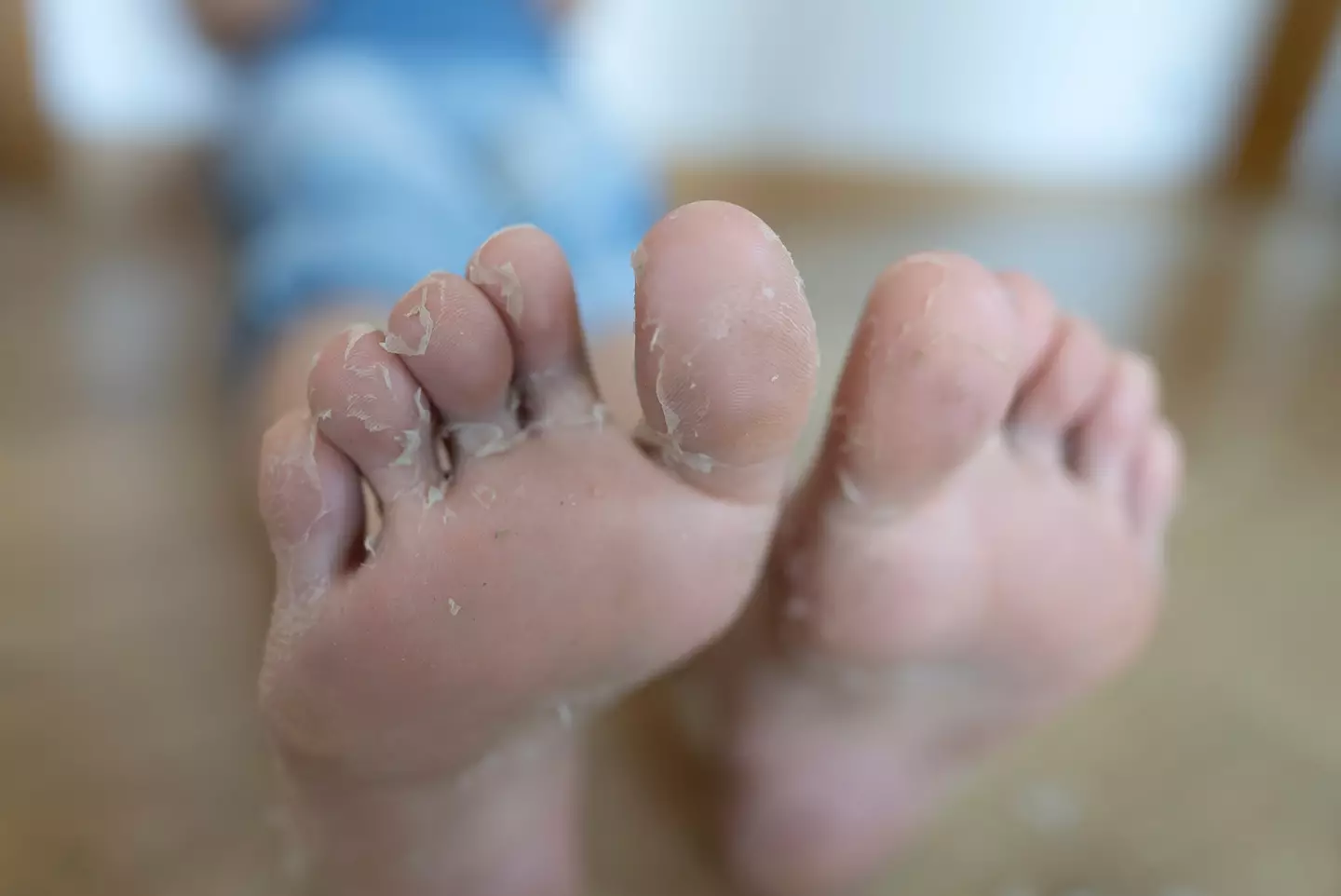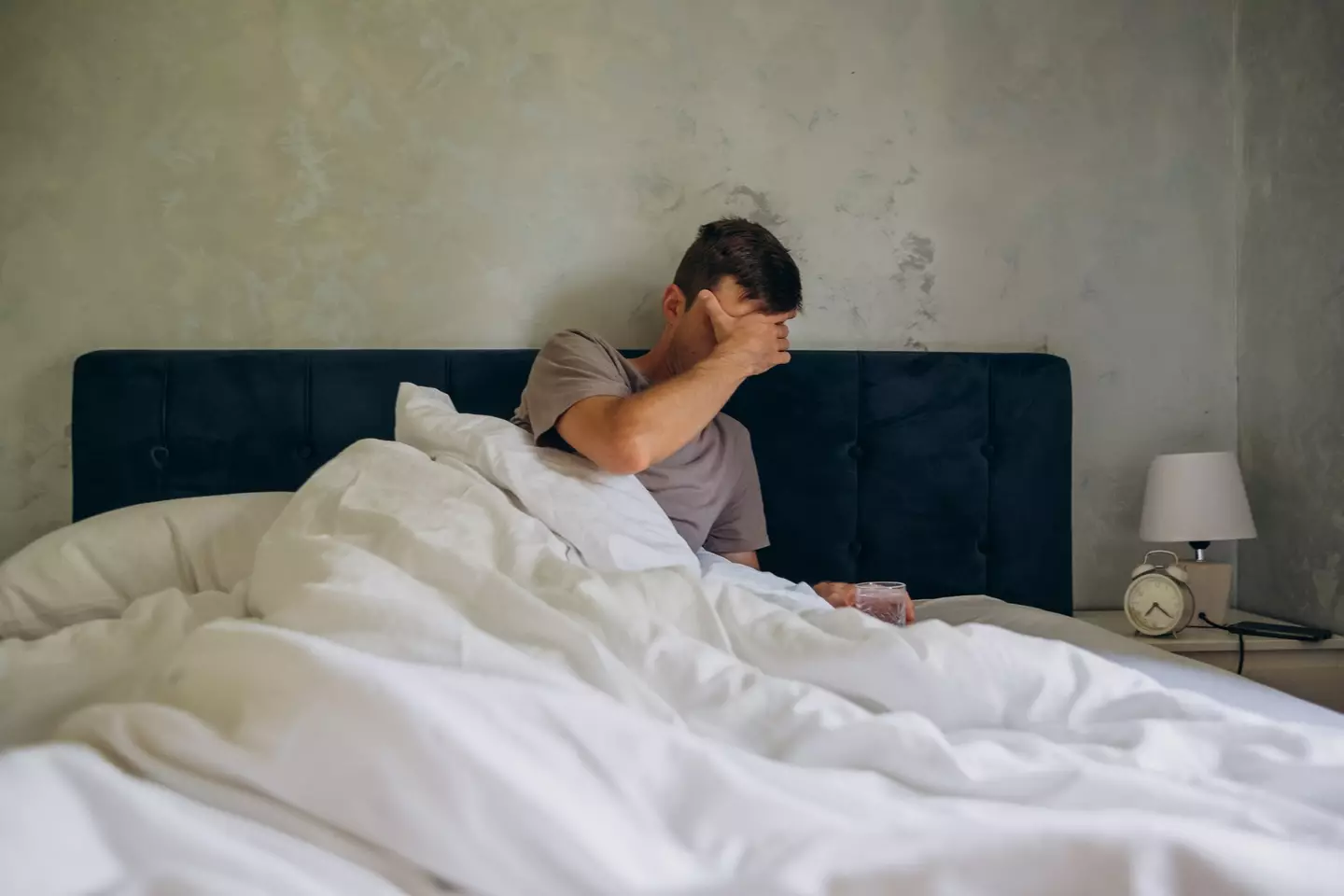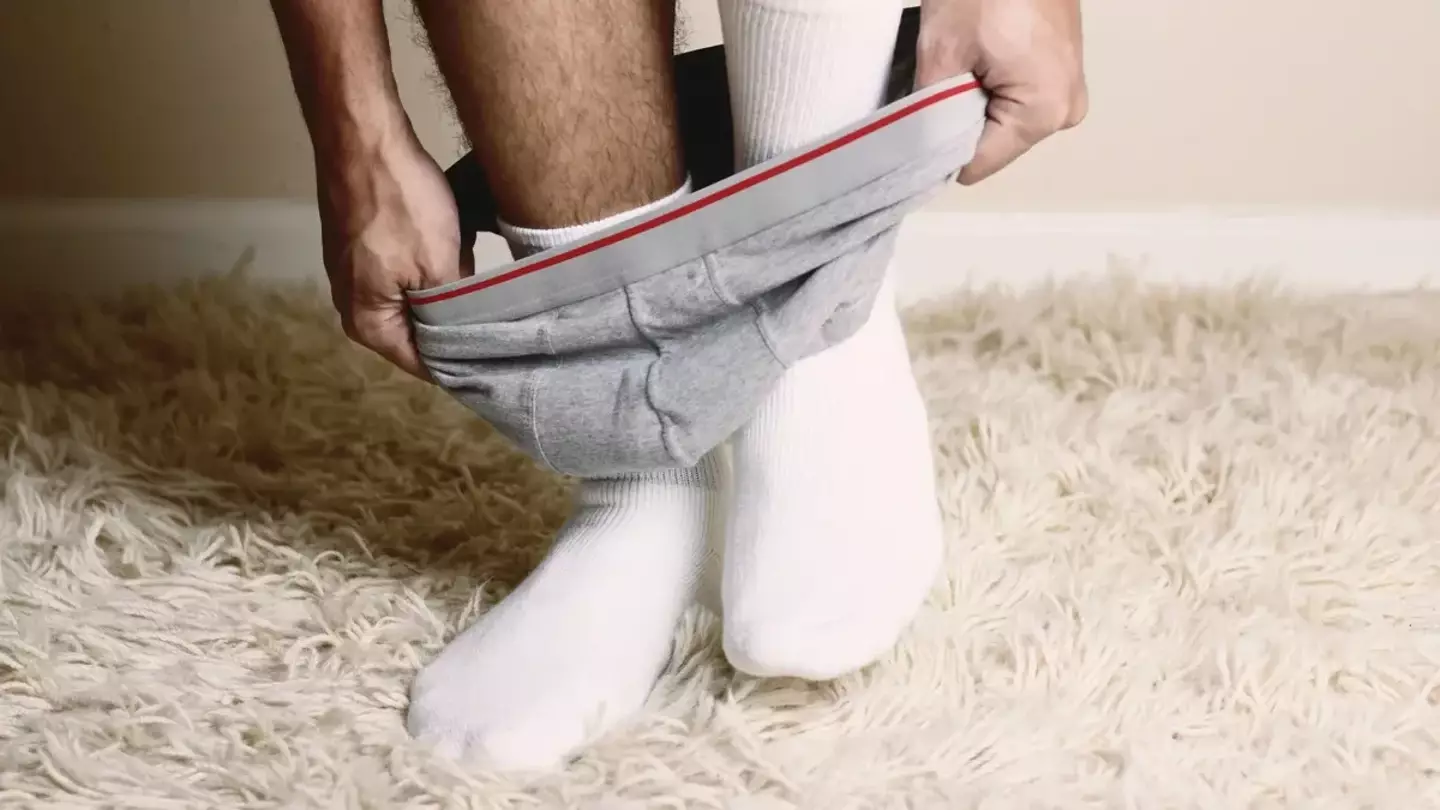After reading what experts suggest, you might reconsider your choice to sleep in your underwear. Although it seems like a harmless habit, there are potential health concerns associated with it that you might not want to ignore.
There always seems to be a new warning from experts about everyday activities that are typically considered safe. But this time, the advice might make you rethink your nighttime attire, particularly when it comes to wearing underwear to bed.
According to the Belle Lingerie team, there are seven lesser-known health risks linked to sleeping in your underwear. Despite the comfort many find in staying covered at night, it may actually pose a threat to your health.
Here are seven unexpected health risks associated with wearing underwear during sleep and how opting to sleep without it could be better for your wellbeing.

There’s nothing pleasant about dealing with a urinary tract infection or yeast overgrowth. These conditions are uncomfortable, itchy, and something you’d prefer to avoid.
So, why does sleeping in underwear increase the likelihood of these issues? Underwear can create a warm environment around your genitals, which is conducive to the growth of yeast and bacteria.
Women who choose not to sleep without underwear may increase their chances of developing a UTI or yeast overgrowth, necessitating treatment with topical ointments and antibiotics.
Even if you wear breathable cotton underwear that feels lightweight, it might not be enough to prevent trapped heat if the material is snug against your skin all night.
The Belle Lingerie team suggests allowing the genital area to ‘air out’ overnight to give the body a break from tight clothing, thereby reducing the risk of recurrent infections.

The experts explain that “night-time is a time when your skin rests and repairs; however, underwear can disrupt this process.”
Whether made of lace, elastic, or synthetic materials, underwear can irritate your skin as you move around in bed, especially when combined with sweat, leading to friction, redness, rashes, and possible fungal infections.
This irritation can be particularly problematic for those with eczema.
It’s important to note that testicles need a well-ventilated and temperature-regulated environment.
Typically, human testicles are maintained at 95 ˚F, which is slightly cooler than the body temperature. They contract or relax to adjust their proximity to the body for temperature regulation.
An increase in scrotal temperature by just a few degrees can disrupt spermatogenesis and potentially result in infertility.
Studies have shown that when participants’ testes were exposed to microwave radiation, causing temperatures of 104-108˚F, some experienced infertility. Another study found that wearing insulated jockstraps for extended periods led to decreased sperm count.
Underwear can also contribute to excess warmth.

Proper ventilation is crucial for the genital area. Experts emphasize that “our skin regenerates at night, but it can only do so effectively with proper ventilation.”
Underwear reduces airflow, keeping bacteria and sweat close to the skin, which can lead to folliculitis, blocked pores, and unpleasant odors, as well as acne-like breakouts in the thigh and groin area.

Comfort is key for a good night’s sleep. Underwear can become twisted or bunched, causing discomfort that disrupts sleep.
Poor sleep quality is associated with lack of focus, irritability, and overall dissatisfaction.

Fungal infections and thrush can also develop due to the damp, dark, and warm environment created by wearing underwear at night.
This risk increases if you wear the same underwear to bed that you wore during the day.

Many underwear types are made from synthetic fibers treated with flame-retardant chemicals, dyes, and finishes. These substances can transfer to the skin, potentially affecting the endocrine system and disrupting hormone balance.
The lingerie company advises that while the long-term risks are still under study, it’s wise to limit unnecessary exposure, such as during sleep.
The remedy is simple: remove your underwear before bed. Doing so will allow your skin to breathe, reduce infection risks, and support male fertility.
If going completely nude is not appealing, consider wearing lightweight cotton pajamas that provide coverage while maintaining airflow.

